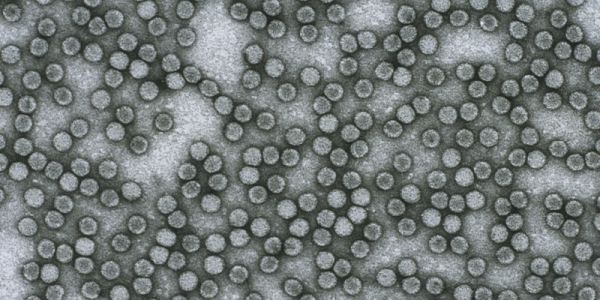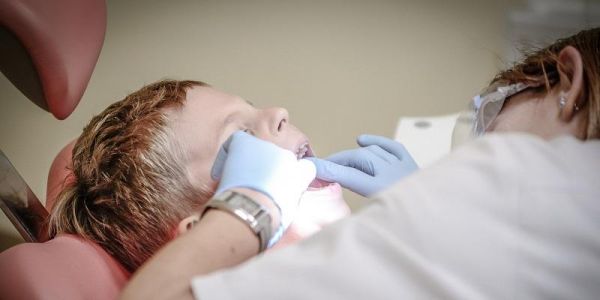
Greenland losing ice 'faster than expected'
Greenland is losing ice faster than in the 1990s and is tracking the Intergovernmental Panel on Climate Change’s high-end climate scenario.

Greenland is losing ice faster than in the 1990s and is tracking the Intergovernmental Panel on Climate Change’s high-end climate scenario.

New research strongly suggests the distinct "oxygenation events" which created Earth’s breathable atmosphere happened spontaneously, rather than as a consequence of biological or tectonic revolutions.

Research which has identified a way of making a safer and cheaper polio vaccine is to be scaled-up – to see if it could be used in commercial vaccine production.

A University of Leeds spin-out company has secured £3.14m to develop a next generation drug that aims to prevent blood clots forming, without the risk of bleeding present in currently available drugs.

Precision nutrition and 24-hour monitoring will enable scientists to provide new insights for the pig industry, as the University of Leeds opens the National Pig Centre today.

According to new research nearly 40 percent of global land plant species can be categorized as very rare, and these species are most at risk of extinction as climate and land use continues to change.

A dentist’s drill might not be the best way to tackle tooth decay in children’s teeth, a new study has concluded.

When brain tumours are treated with radiation or chemotherapy their cells evolve in a way that appears to be random, according to research published today in Nature.

During the last two decades agricultural practices and nitrogen-rich fertilisers have significantly increased the amount of nitrous oxide emissions in the atmosphere, according to a new study.

Engineers have developed a prototype drone-mounted wireless scanning system, which can fly up the outside of a high rise building and detect the whereabouts of individuals who may be trapped inside.